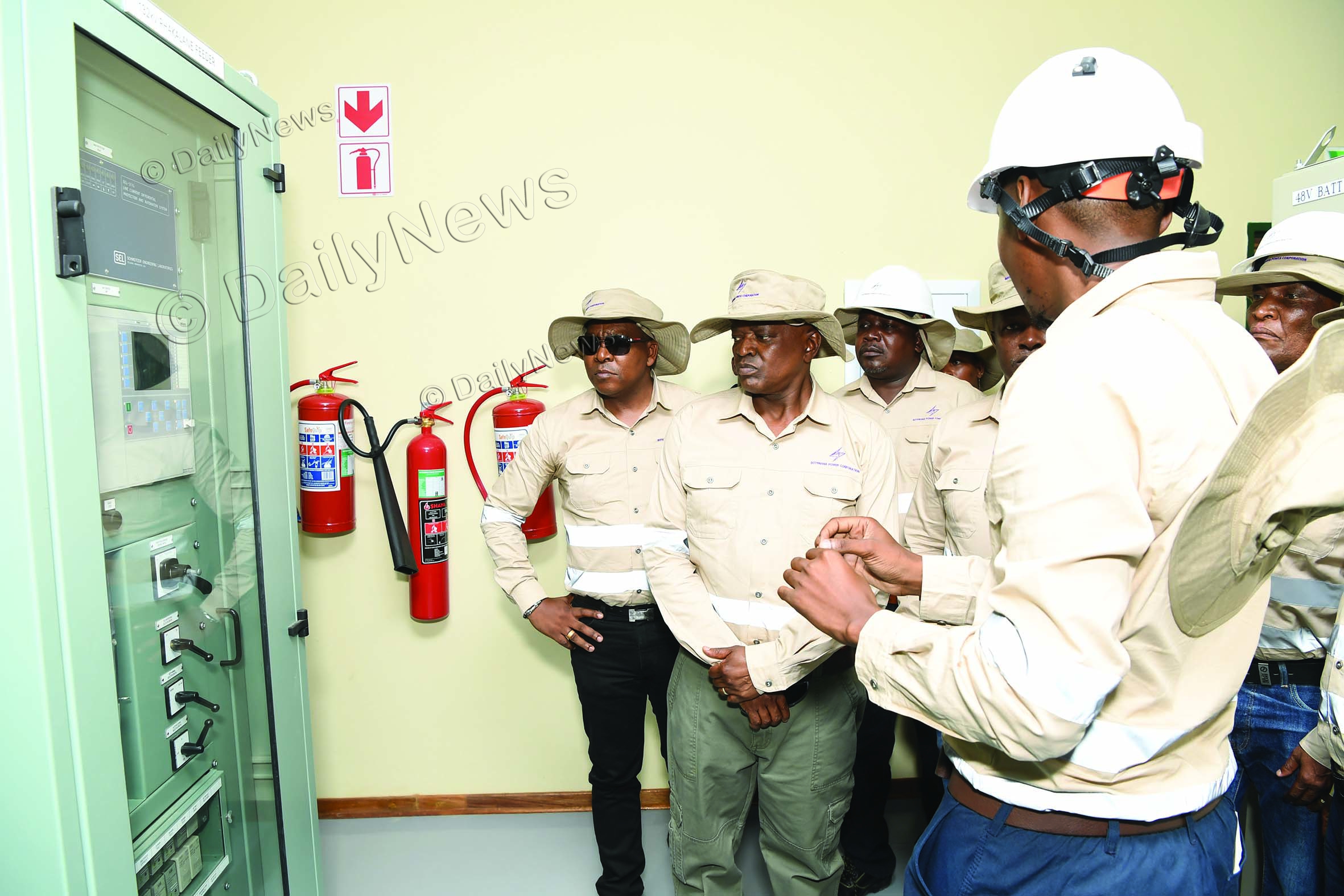Electricity access changes lives livelihoods in villages
06 Oct 2024
A commitment to ensure that no part of Botswana remains unlit is becoming increasingly evident as government continues to expedite programmes that aim to achieve 100 per cent access to electricity by 2030.
This is so because electricity is a pre-requisite for improving living standards and an indispensable input for production and economic activities.
Government, through Botswana Power Corporation (BPC), is implementing programmes focused on diversifying energy sources, primarily through on grid and off grid renewable energy projects, rural electrification, and zero connection initiatives.
While the initiatives have helped the country achieve fast access to connectivity in Sub-Saharan Africa, where 600 million people live without electricity, it has equally ensured attainment of the United Nation’s Sustainable Development Goal (SDG) seven of ensuring access to clean and affordable energy.
Late last year, a cluster of villages in Kgatleng East situated along the South Africa border which were traditionally serviced from cross border supply were connected to the national grid for the first time, ending electricity drought for villages that were dependent on electricity from the Eskom grid in South Africa.
They include Sikwane, Mabalane, Mmathubudukwane, Ramonaka and Malolwane.
For residents who attended the commissioning of the Mochudi 132/33Kv substation, the development evoked hope for a better future when they could become masters of their own destiny.
The project and many others rekindled the rural populations’ dream to tap into the positive impacts of electricity connection for basic activities such as lighting homes and powering small-scale rural industries.
BPC marketing and communications manager, Ms Kefilwe Kebafetotse told BOPA that government designed the flagship programmes to improve electricity generation, distribution, supply and access throughout the country.
Connectivity statistics indicate a positive growth trend in electricity access, with rates increasing from 63 per cent in 2019, to 66 per cent in 2021, and reaching 74 per cent in 2024.
The Rural Electrification Programme has successfully connected 466 out of 565 villages across the country, representing 83 per cent coverage.
Additionally, she said in 2024, the project electrified 19 new villages and extended network to 152 existing ones.
Recently when launching the programme for the 112 additional villages in Khwee, Minister of Minerals and Energy Resources, Mr Lefoko Moagi said since inception, the programme had been a cornerstone of government’s efforts to uplift living standards of the rural populace and stimulate business growth.
“Access to electricity is not merely a convenience, it is a catalyst for development. It enables businesses to flourish, supports educational advancement, enhances healthcare services, and generally improves the quality of life,” he said.
Another initiative that has changed lives is the zero connection project, which since inception in April saw over 10 000 households benefitting as of last month, including 1 460 households which were issued with ready box metres.
“Government noted that one of the major barriers to electricity access was due to high connection charges, thus the removal of connection charges will result in accelerated access to electricity in the country,” said Ms Kebafetotse.
To increase the rate of household connections, government reviewed standard connection fees of P5 000 and P2 500 for higher income and low to zero income households respectively.
Ms Kebafetotse said the programme was experiencing some teething problems mostly related to structural forms of houses, which could hinder effective and safe electricity connection.
BPC advises customers to adhere to minimum requirements for safe installations.
The corporation is also experiencing vandalism and cable theft, which significantly delays the project progress, Ms Kebafetotse said.
In an effort to contribute to citizen economic empowerment, BPC has contracted local companies to implement the project though there are issues of material shortage.
Currently, there are approximately 30 000 applications and BPC is working to expand its contractor base to expedite connections while simultaneously empowering local companies to achieve the desired economic impact. Ends
Source : BOPA
Author : Mmoniemang Motsamai
Location : MOCHUDI
Event : Energy Thematic
Date : 06 Oct 2024







